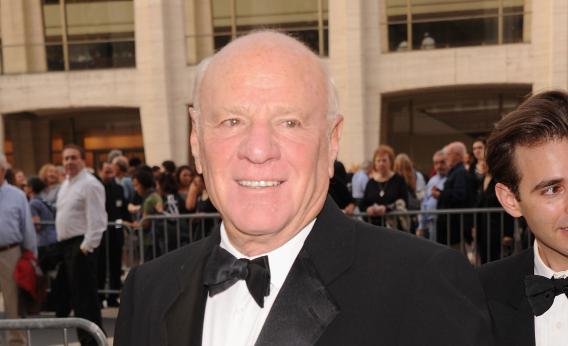Attempts by a would-be disrupter of U.S. television reveal flaws in the law governing copyrights. Broadcasters have sued online TV startup Aereo, alleging its plan to stream programs violates their rights. The company says it merely mimics what viewers have done for decades. Either way, the legal contortions show how old rules often fail new technology.
Copyright law gives authors, musicians and other creative types the exclusive right to reproduce or perform their work publicly. But that simple concept has proven hard to enforce as newfangled means of distribution have advanced, and quickly, over the decades. The rise of player pianos, videocassette recorders and the like has required ever more elasticity in the definitions.
TV broadcasts present the latest challenge. Cable and satellite companies are technically reproducing and performing shows publicly, so must pay to retransmit them to customers. But individuals are allowed to pull signals from the air for free, as they have done for years with set-top and roof-top antennas. That’s the loophole Aereo is trying to squeeze through. And Barry Diller, one of the fledgling firm’s backers, knows a thing or two about such fights, having run Paramount and Fox before his Internet conglomerate IAC/Interactive.
Aereo’s innovation is a single dime-sized antenna for each subscriber. This should provide better reception in crowded cities and enables shows to be watched on computers and mobile devices. And a federal appeals court ruled in 2008 that a similar service using digital video recorders did not violate copyright law.
Legal or not, the setup is awkward, just as it was when a company called Zediva tried a movie rental service using mountains of DVD players, before a court shut it down. IVI and ReDigi have tried other variations. If the law were clearer, such complex workarounds might not be necessary. Copyright owners would be licensing their creations directly to viewers through efficient transmission systems.
Read more at Reuters Breakingviews.
Many similar disputes are flaring up at the corner of technology and law - not least Facebook privacy and Google dominance. Whether or not Aereo is allowed to proceed, one thing is clear: Antiquated rules can’t keep up with the pace of progress.
